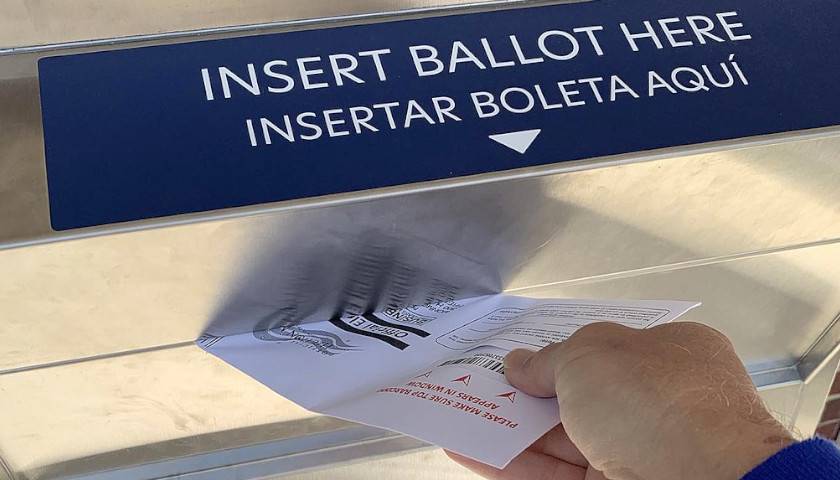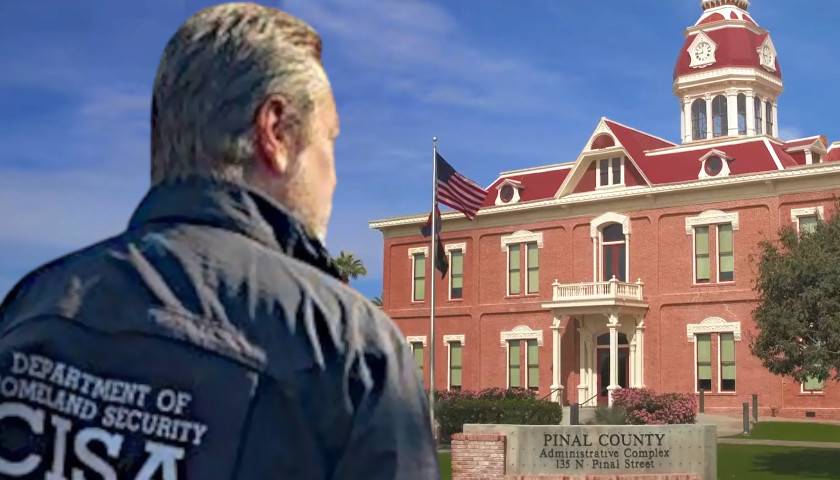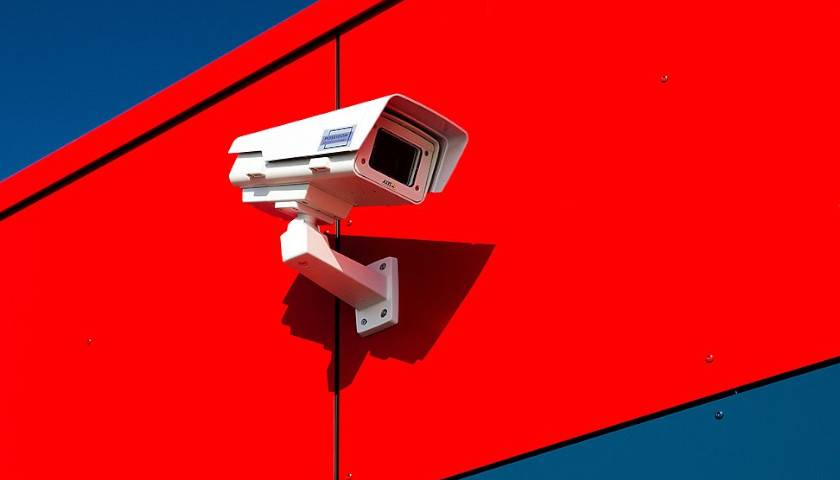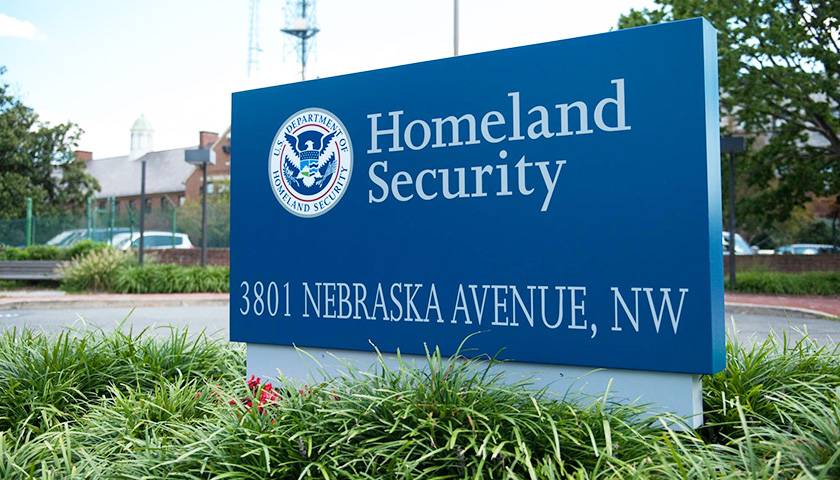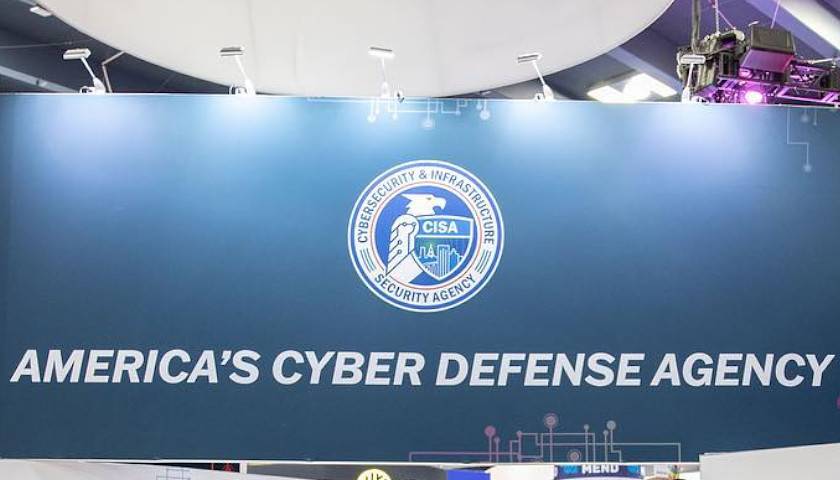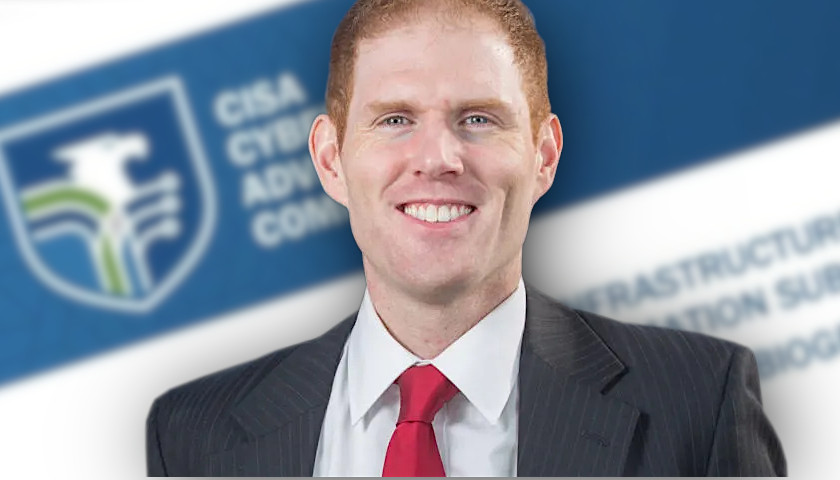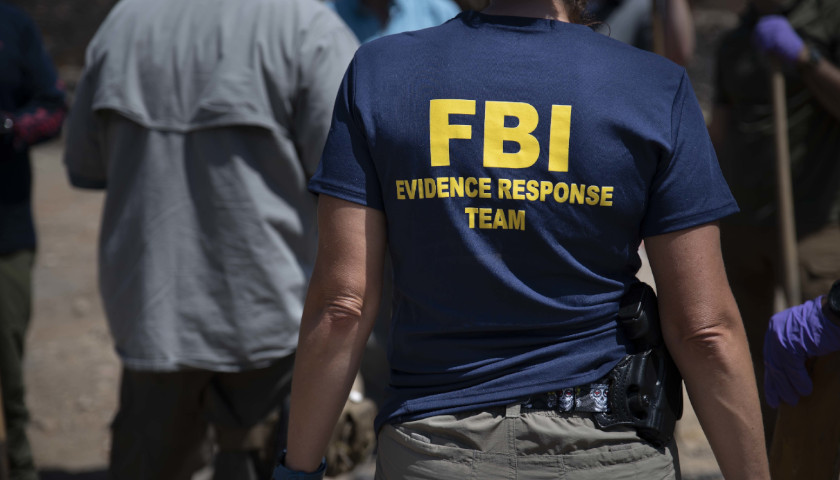The Department of Homeland Security’s Cybersecurity and Infrastructure Security Agency (CISA) was aware of the issues with mail-in voting during the 2020 election cycle but censored social media narratives about the risks as alleged disinformation, according to agency documents.
CISA documents were released on Monday by America First Legal, showing the agency’s concerns about mail-in voting while it was also monitoring online opinions about such concerns.
Read More
